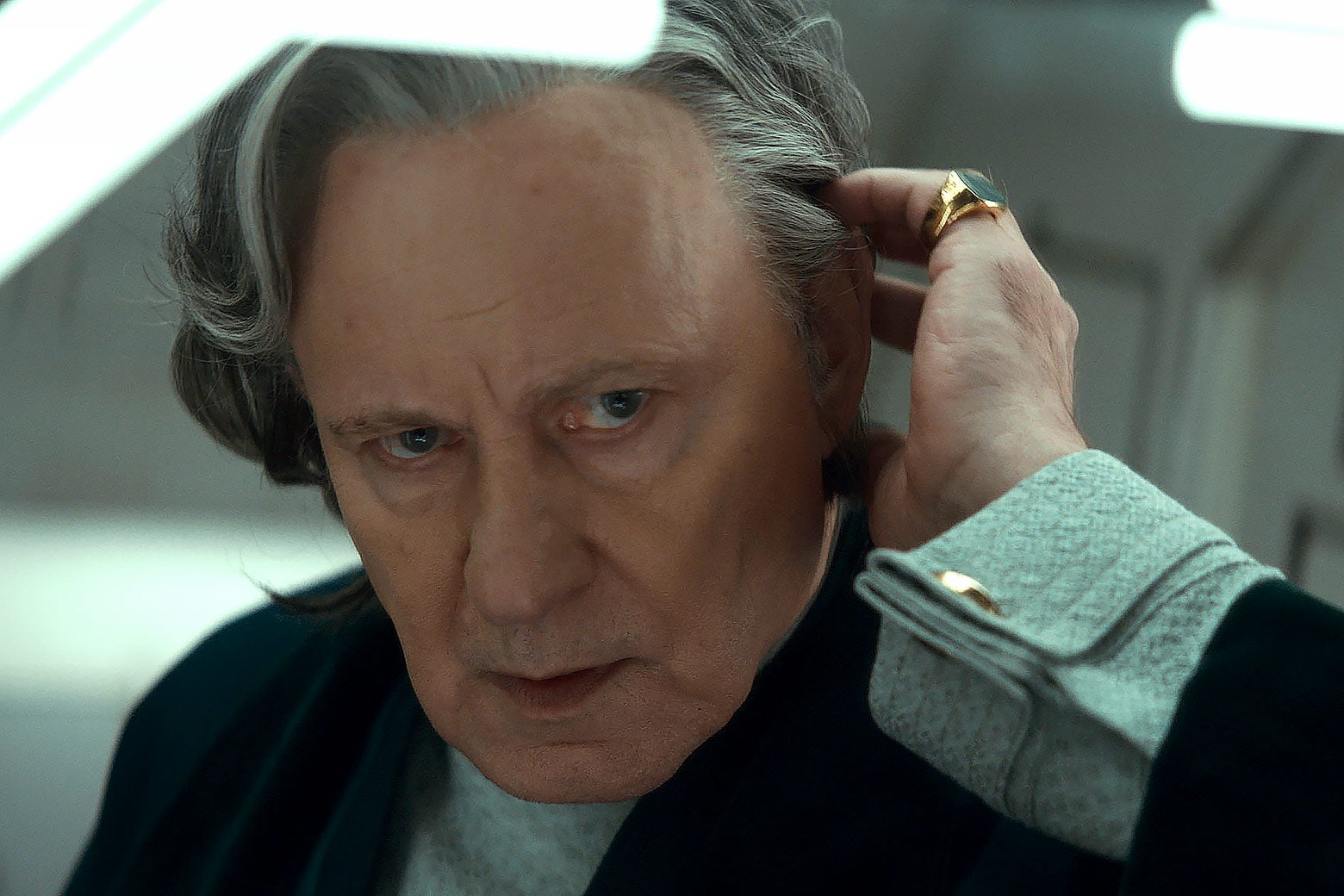
"Andor is not primarily focused on Cassian Andor's journey to revolution, but rather explores the intricacies of a fully-realized world in the Star Wars universe."
"The show diverges from traditional narratives by spending time on character relationships and daily life, showcasing a world where personal stakes matter just as much as larger conflicts."
"In the consequential Episode 10, character Kleya's task of killing her associate Luthen underscores the show's exploration of moral dilemmas within rebellion and sacrifice."
"The reveal of the Death Star's existence ties directly into the narrative of sacrifice and individual struggle, making Andor's storyline both significant and relevant."
Andor diverges from the traditional hero-centric narratives of the Star Wars franchise, focusing instead on exploring relational dynamics and the intricacies of daily life within the galaxy. With a central plot featuring Luthen Rael and Kleya, the show emphasizes moments of moral ambiguity and personal sacrifice, particularly in Episode 10, where themes of loyalty and betrayal come to the fore. The introduction of pivotal elements like the Death Star serves to anchor these character-driven stories in a broader context, ensuring its relevance to the overarching saga.
Read at Slate Magazine
Unable to calculate read time
Collection
[
|
...
]